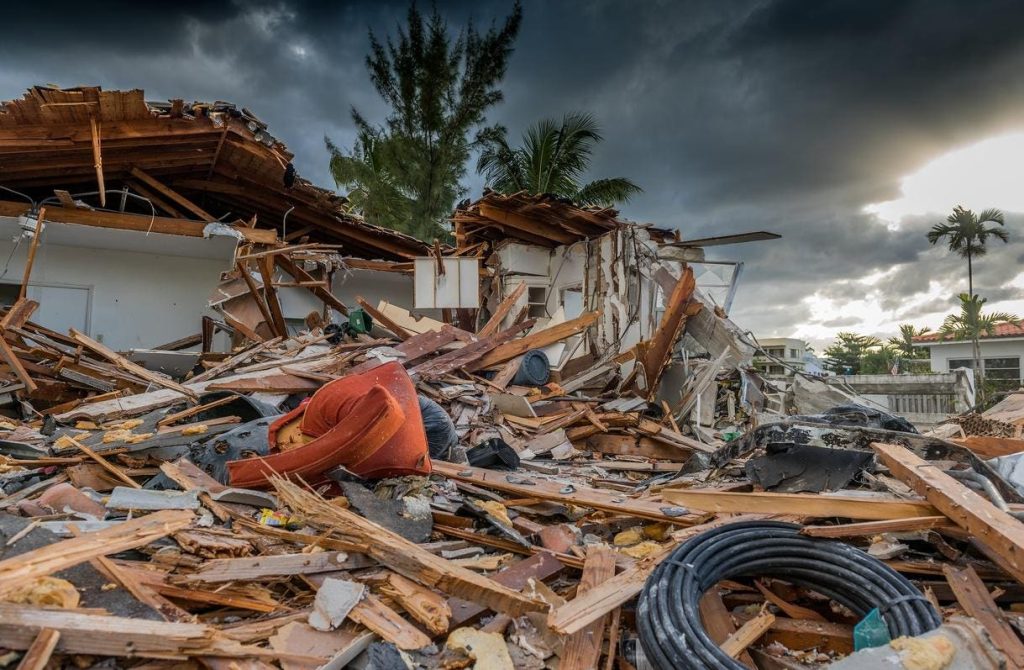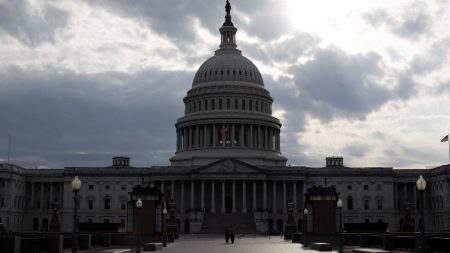The IRS has issued some FAQs in response to inquiries about rules for distributions from retirement plans, IRAs, and retirement plan loans for individual taxpayers affected by federally declared major disasters. These FAQs were prompted by the SECURE 2.0 Act, which was signed into law by President Biden on December 29, 2022, as part of the Consolidated Appropriations Act of 2023. The SECURE 2.0 Act made several changes to existing laws regarding retirement plans, including automatic enrollment, Roth account matches, RMDs, qualified charitable distributions, student loans, and 529 plans.
One significant change brought about by the SECURE 2.0 Act was Section 331, which addresses the treatment of retirement accounts and loans following a qualified disaster. This section provides relief to qualified individuals in the form of increased flexibility when taking distributions or loans during a qualified disaster. The FAQs focused on three main aspects of this relief: expanded distribution and tax relief, relief to repay distributions taken for the purchase or construction of a principal residence, and plan loan relief. These measures aim to help individuals who have suffered economic losses due to a disaster.
The incident period for a qualified disaster is determined by FEMA as the period during which the disaster occurred. Economic losses may include damage to property, displacement from home, or loss of job or business. Qualified disaster recovery distributions are those made to individuals from eligible retirement plans within a specified timeframe after a disaster declaration. Employers are not required to allow for qualified disaster recovery distributions or loans from retirement plans, but qualified individuals may treat a distribution as such on their federal income tax return if they meet the requirements.
While the FAQs offer guidance on how to navigate the rules related to retirement plan distributions and loans during a qualified disaster, taxpayers should be aware that FAQs are not binding regulations and may be subject to changes or updates. Taxpayers can rely on Treasury Regulations and other official guidance published in the Internal Revenue Bulletin for accurate information. Despite this, the IRS assures that taxpayers who reasonably and in good faith rely on these FAQs will not be subject to penalties for underpayment of tax.
Overall, the FAQs related to the SECURE 2.0 Act provide valuable information for individuals who have been impacted by major disasters and are seeking to access funds from their retirement plans. By offering relief in the form of expanded distribution options, repayment flexibility, and increased loan amounts, these measures aim to provide financial stability to those in need. It is important for taxpayers to consult with tax professionals to ensure compliance with the regulations and to make informed decisions regarding their retirement plans during times of crisis.















